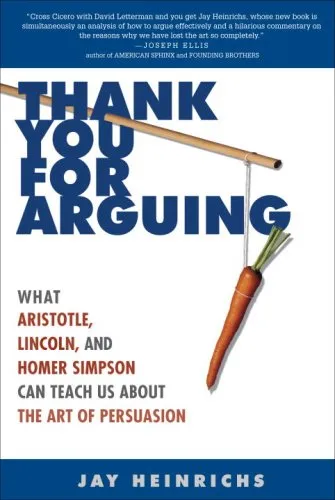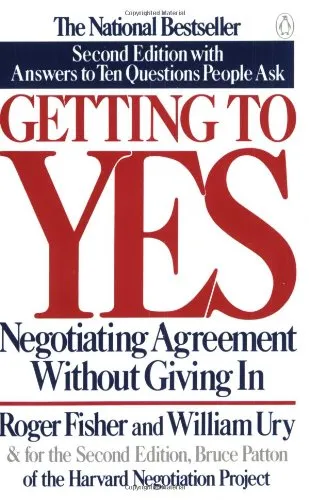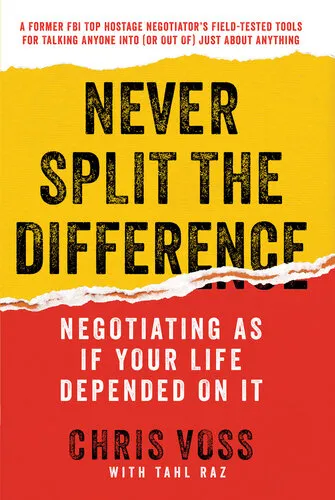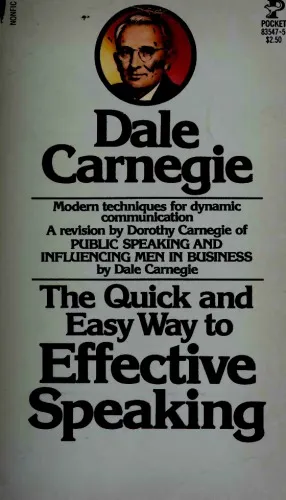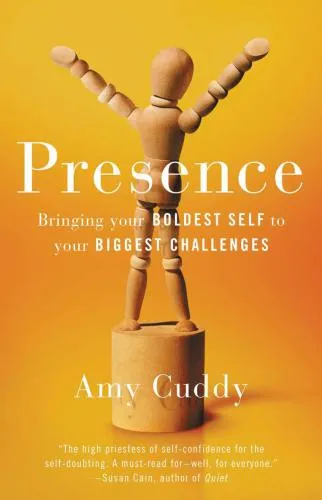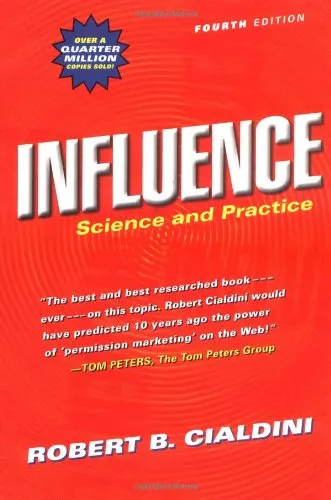Prices, Poverty, and Inequality: Why Americans are Better Off Than You Think
4.0
Reviews from our users

You Can Ask your questions from this book's AI after Login
Each download or ask from book AI costs 2 points. To earn more free points, please visit the Points Guide Page and complete some valuable actions.Related Refrences:
Introduction to "Prices, Poverty, and Inequality: Why Americans are Better Off Than You Think"
In the modern discourse around economics, poverty, and inequality, it is easy to be drawn into narratives of despair and degradation. Public debates on these issues are often dominated by statistics that paint a grim picture of stagnant wages, growing inequality, and declining quality of life across the United States. However, in "Prices, Poverty, and Inequality: Why Americans are Better Off Than You Think", authors Christian M. Broda and David E. Weinstein challenge this prevailing narrative, offering a fresh perspective filled with optimism, data-driven analysis, and unconventional insights.
This book presents a compelling argument that despite certain undeniable economic challenges, Americans' standard of living has improved significantly over time. With meticulous research, the authors explore how changes in prices, technological advancements, and access to goods have played critical roles in improving the quality of life for households at all income levels. By focusing on adjustments such as the impact of lower prices for essential goods and access to innovations, Broda and Weinstein provide an alternative lens through which to view economic well-being.
In the following sections, you will find a detailed summary of this groundbreaking book, key takeaways that encapsulate its core arguments, memorable quotes that define its essence, and an explanation of why this work is important for understanding the dynamics of modern economics.
Detailed Summary of the Book
At its heart, "Prices, Poverty, and Inequality" revolves around a simple yet profound idea: conventional measures such as income levels and static inequality statistics fail to account for the true cost of living and the extraordinary consumer choices available to modern Americans. The authors argue that ignoring factors such as the declining cost of goods, shrinking price disparities, and soaring access to innovations skew our understanding of poverty and inequality.
Broda and Weinstein highlight the fallacy of relying too heavily on fixed market baskets—the traditional method of measuring inflation and the real value of incomes. Instead, they emphasize the importance of examining how markets adapt to changing preferences and how consumers benefit tremendously from access to a broader variety of high-quality, low-cost goods, from food to electronics.
Furthermore, the book discusses the indispensable role of globalization and free trade in reducing poverty and inequality. By importing goods from countries with lower production costs, U.S. households have enjoyed cheaper goods, especially those at the lower end of the income spectrum. These economic realities have improved their purchasing power and quality of life far beyond what static income measures reveal.
The authors delve into the implications of technology, whose advances have democratized access to knowledge, entertainment, and tools for self-improvement. From smartphones to free digital resources, Americans of all income groups are now able to access conveniences that were costly or unattainable just a few decades ago.
Key Takeaways
- Standard measures of inequality are faulty. Traditional metrics overlook the decreasing costs of goods and the increasing variety available to consumers.
- Inflation is often overestimated. Many analyses rely on outdated assumptions about the fixed cost of consumer goods.
- Globalization reduces poverty. Free trade has allowed households at all income levels to access affordable, high-quality products.
- Technological progress is transformative. Innovations have made many goods and services widely available, significantly improving living standards.
- Quality of life is often better than people perceive. When considered through dynamic changes in prices and access to technology, Americans’ standard of living is shown in a more positive light.
Famous Quotes from the Book
Here are some thought-provoking quotes from the book:
"To measure the true cost of living, we must abandon the static assumptions of fixed baskets and embrace the ever-evolving market dynamics."
"The story of inequality and poverty in America is less about dire outcomes and more about the revolution of choice, affordability, and access."
"Technology is the great equalizer—it has given the same tools to the rich and poor alike, narrowing gaps in unimaginable ways."
Why This Book Matters
In an age where economic despair can dominate headlines, "Prices, Poverty, and Inequality" is a refreshing counterbalance. It shifts the focus from often misleading income statistics to broader indicators of wealth, such as access to better goods and services, consumer choice, and the impact of technology on everyday life. Through rigorous data analysis and accessible arguments, Broda and Weinstein encourage readers to rethink what it means to be "better off."
This book is an essential read for policymakers, economists, students, and anyone interested in understanding the bigger picture of economic well-being. It highlights the importance of adjusting our perspective and tools when analyzing poverty and inequality in a rapidly evolving economic landscape. By challenging conventional wisdom, it teaches us how to identify real progress and chart a course toward policies that uplift everyone.
Free Direct Download
You Can Download this book after Login
Accessing books through legal platforms and public libraries not only supports the rights of authors and publishers but also contributes to the sustainability of reading culture. Before downloading, please take a moment to consider these options.
Find this book on other platforms:
WorldCat helps you find books in libraries worldwide.
See ratings, reviews, and discussions on Goodreads.
Find and buy rare or used books on AbeBooks.
1485
بازدید4.0
امتیاز0
نظر98%
رضایتReviews:
4.0
Based on 0 users review
Questions & Answers
Ask questions about this book or help others by answering
No questions yet. Be the first to ask!


